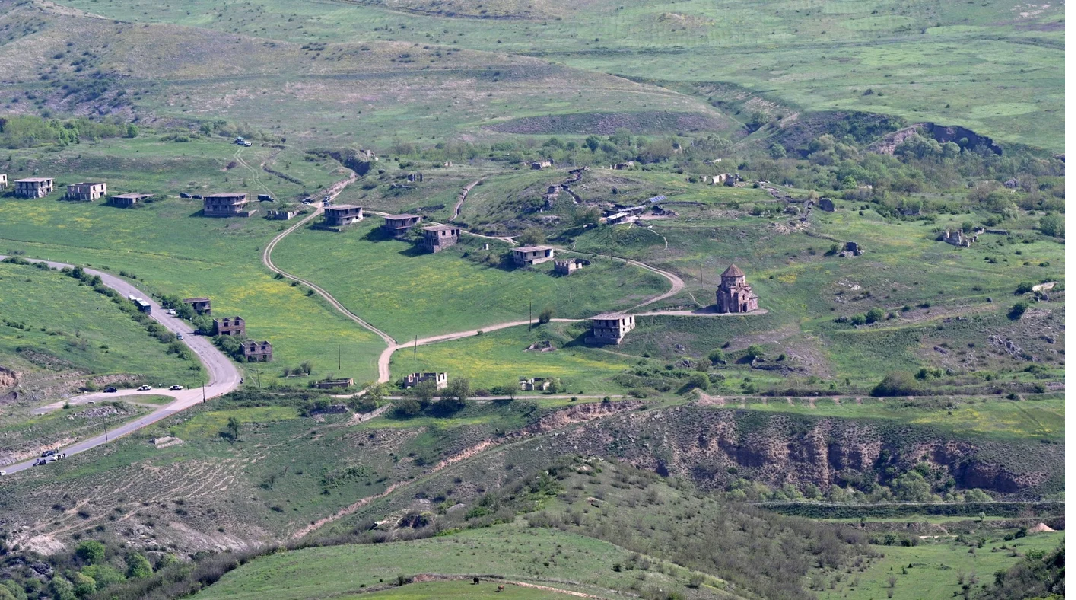Middle East Eye writes that the United States has offered to take control of the planned transport corridor between Armenia and Azerbaijan in an attempt to advance long-stalled diplomatic talks between the two Caucasian countries. This was stated by the US Ambassador to Turkey, Tom Barrack, to journalists during a briefing on Friday.
The newspaper writes that although Armenia and Azerbaijan agreed on a draft peace agreement in March, Baku continues to insist on several additional conditions before the deal is officially signed.
A regional source familiar with the negotiations told Middle East Eye that it was Turkey that initially proposed creating a private company to manage the corridor, which both Armenia and Azerbaijan subsequently approved.
“However, the Armenian side demanded that the company also work on the Nakhichevan side of the corridor, which was unacceptable to Baku,” the source said.
The process of normalizing relations between Turkey and Armenia is closely linked to the peace agreement between Azerbaijan and Armenia, with the prospect.
Turkish officials view Armenia as a vital link in the so-called Middle Corridor, which would directly connect Turkey with Central Asia. Turkish companies are also interested in participating in potential infrastructure projects in Armenia.
Parberkan says the length of the road, which is 32 kilometers, has become a serious obstacle to achieving lasting peace between Armenia and Azerbaijan.
“They are arguing about 32 kilometers of road, but it is not a trivial matter. It has been dragging on for a decade, 32 kilometers of road,” Barak said at a briefing with reporters in New York on Friday.
“So what is happening is that America is stepping in and saying, ‘Give us 32 kilometers of road on a 100-year lease, and you can all use it,’” he said.
According to Middle East Eye, Barak’s comments were the first official confirmation that the Trump administration has proposed that the corridor be managed by a private U.S. commercial operator that would act as a neutral guarantor.
A recent report by the Carnegie Foundation said the plan builds on an earlier proposal by the European Union, under which a US logistics company would be responsible for managing and monitoring the transit of cargo along the route, communicating transparently with all parties.
The report notes that this proposal builds on precedents of international supervision in Georgia’s breakaway regions, aiming to satisfy Baku’s demand for strong, long-term security guarantees while preserving Yerevan’s sovereignty over the corridor.




















